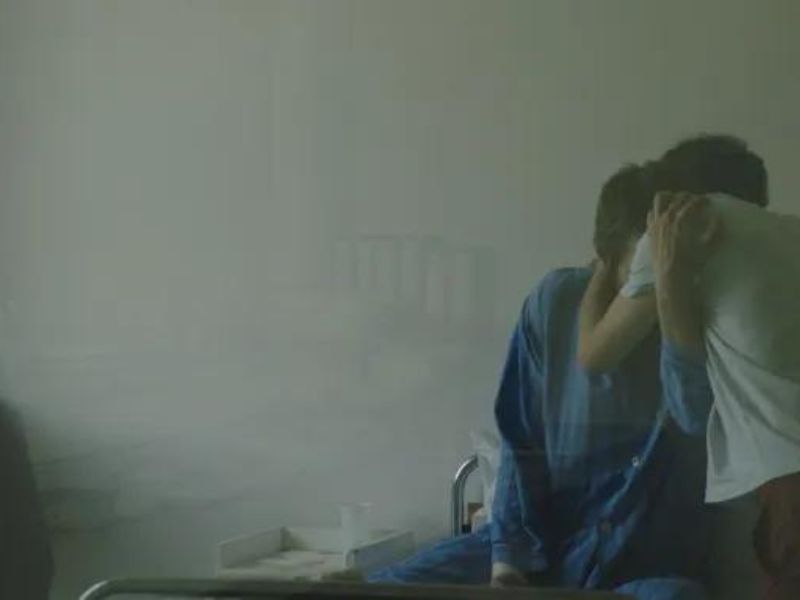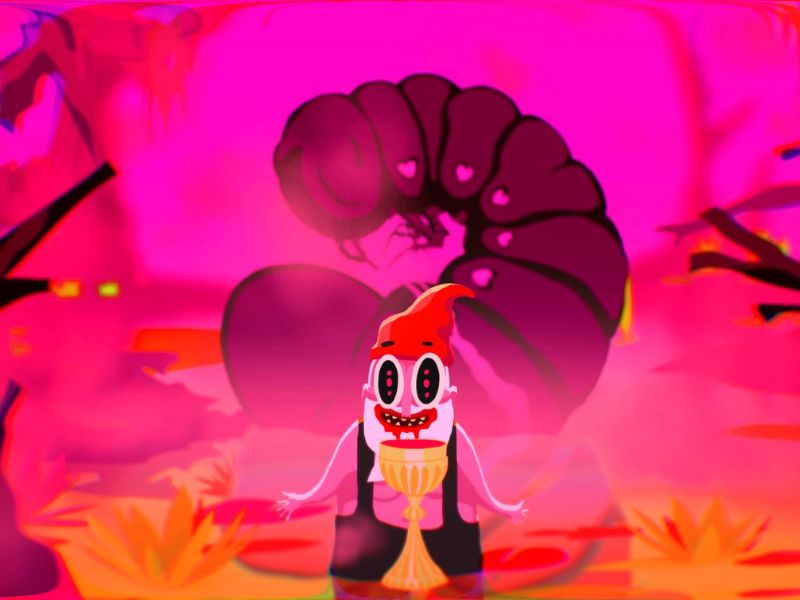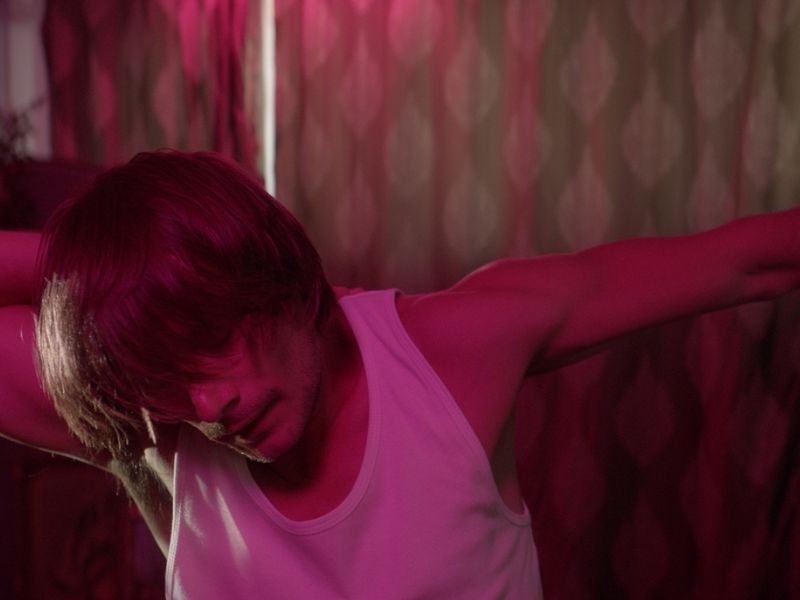Sarajevo Film Festival: A top regional festival with personality to spare
With awards handed out, a closing film screening of Pjer Žalica’s legacy-of-war film May Labour Day, and an epic closing party featuring international D.J. superstar Solomun (something the ageing raver in me was probably way too excited about) closing down blocks of the Bosnia & Herzogovenian capital city, the 28th Sarajevo Film Festival has officially drawn to a close. After two years of pandemic-related adjustments, 2022 saw the festival (as with most others on the continent) return to pre-Covid procedures—though, in all honesty, outside of attendance caps and earlier closing times, 2021’s health protocols were hardly strict. And, as with festivals personally attended in post-Omicron 2022, the city, audiences, and staff were abuzz with energy and enthusiasm.
The Sarajevo Film Festival holds a prominent role within the Central & Eastern European festival scene. As a major destination for regional premieres and a showcase for local talent and stories, it occupies a singular space within the broader landscape of continental, cinematic events. Born during the 1995 Siege of Sarajevo, the festival has since grown into the largest in Southeast Europe, inviting slews of regional and international guests. And this year was no different.
For its 2022 edition, held across eight days from 12 to 19 August, through its multiple films and CineLink Industry Days side programme, one wouldn’t be hard pressed to happen upon the likes of Mads Mikkelsen, Ruben Östlund, Ari Folman, Sergei Loznitsa, Jesse Eisenberg, or Jasmila Žbanić engaging with guests and fans throughout the highly walkable city. Meanwhile, from 9:30 am to midnight, film screenings could be found at virtually every cultural venue in the wider area, beginning with the opening night selection of Östlund’s uproarious, albeit hardly profound, eat-the-rich-satire, Triangle of Sadness. From the multiple competition programmes to the regional showcases, Cannes winners to experimental and surrealist shorts, there is truly something for everyone. And all set against the rolling hills and bullet hole-laden buildings of one of Europe’s most aesthetically interesting, culturally diverse, and historically significant locations.

Though my focus and expertise are almost exclusively on documentaries, the festival’s narrative selections showed the most overall curatorial strength. The top Heart of Sarajevo Award, given to Juraj Lerotić’s high personal, often devastating A Safe Place (Croatia), was well deserved, albeit an admittedly difficult decision given the inclusion of Best Director recipient and equally strong Klondike (Maryina Er Gorbach, Ukraine/Türkiye). A Safe Place was, in fact, a dual winner, as was Lerotić, who cast himself as the film’s protagonist, garnering Best Actor recognition, while Vicky Krieps of The Phantom Thread fame took home the honor for Best Actress in The Corsage (r. Marie Kreutzer, 2021).
On the documentary side, the observational-focused programme awarded Srđan Keča’s Museums of the Revolution with its highest honor, with special jury mentions going to Ukraine’s Fragile Memory (r. Igor Ivanko). The year also saw the inaugural documentary short form awards presented to Visar Jusufi’s We,… Composition – a co-production between Kosovo and Germany. Unfortunately, due to rising regional tensions, Jusufi was one of the few filmmakers unable to attend. He was refused entry at the border, making his recognition all the more critical. Special mention in the short form category went to a personal favourite, the horror-inspired meditation on the past, Babajana (r. Ante Zlatko Stolica, Croatia). Rounding out documentary recognitions was Vedrana Pribačić’s Bigger Than Trauma (Croatia), receiving the award for best competition films dealing with human rights – a journey of recovery and healing for rape survivors of the Balkan war.

Student Films and Shorts were also displayed throughout the festival, each with their respective award categories. In the latter, another Croatian production, Josip Lukić and Klara Šovagović’s It’s Not Cold for Mosquitoes, took home top honors. In addition, the Romanian-Hungarian co-produced animated film Amok (dir. Balázs Turai) was awarded in the former category. In fact, Amok was among the ten Romanian productions or co-productions featured across the festival, with some of the country’s most acclaimed and most promising talent on display. Amongst these titles were recent festival favorites R.M.N, Miracle, and Întregalde, which each screened out of competition. In the narrative competition, Romania was represented by Men of Deeds, while the documentary saw The Chalice of Sons and Daughters and Too Close representing the country.
There is so much that could be said about the Sarajevo Film Festival this or any year. It’s the kind of event reminiscent of my earliest cinema journalism days back in the U.S., when invited to the likes of Tribeca, South by Southwest, Sundance, and the New York Film Festival—where it is impossible to attend even a fraction of what you may want to. There isn’t even enough capacity to speak about all the films, panels, talks, and parties that make the experience. Just a few of the panels and events I attended were Ji.hlava’s Docu Talents from the East pitch event, Sarajevo’s native (alongside the Balkan Documentary Center) works-in-progress pitch event, the two-day Docu Rough Cut Boutique, as well as panels like “Key Players Between Documentary and Audience,” “Trust Me I’m a Documentary Filmmaker,” and “Female Solidarity in Film (How to Get There).”
But, regardless of the sheer diversity of events on offer, one thing remains consistent about the festival, it has always been a promoter of Romanian cinema, with many of this year’s attendees longtime guests. “I have been coming to Sarajevo Film Festival since 2010 with films in the Documentary Competition 4 times and gathering 3 awards; in the International Competition; with projects in CineLink and CineLink Works in Progress,” said Monica Lăzurean-Gorgan, in attendance pitching Between Revolutions at Docu Talents from the East. ”It’s my 10th time. I’ve been in all the levels of the festival since 2007 when I was here with the Talents Campus,” Men of Deeds Director Paul Negoescu says.

And, besides the festival’s role in their careers, virtually everyone shared my feelings on the city itself, as one of the most dynamic, interesting and diverse in all of Europe. “I liked the diversity of the city, the mountains around, the hospitality of the people and the food was delicious,” says Daniel Barnuti, co-director of Docu Rough Cut Boutique’s, My Muslim Husband. “My first glimpse of the city was a very wide and beautiful view through the valley of Sarajevo, and my heart was already pumped up… the whole atmosphere is addictive: people always smile, cars wait in line like they are supposed to, the police even warned me before giving me a ticket,” said Theodor Ioniţă, in competition with his student film My Sister and I. “The feeling I get when I’m here is that it’s a really good place to write… people are really interesting, and they are from all around the world. I got really lucky to be here, and I already started to write down some new ideas!” says Carina Dasoveanu, also representing the student competition with her film Mon Ami. Furthermore, on the city, Negoescu also comments, “It is very similar to Bucharest. It also reminds me of the transition ages we lived in Romania right after the 90s.”
So with a productive, enlightening, and personally exhausting 28th Sarajevo Film Festival now in the rearview mirror, I look forward to making it a staple of my annual travels. Though my second year in attendance, it was the first where I knew the best way to navigate its streets and programme. As my interests gradually move away from the world’s status quo events—the insular politics of Sundance or uber-rigidity of IDFA (to name only a few examples) — festivals’ like Sarajevo are a breath of fresh air. It is respected without the pretension, diverse without the superficial dwellings of the mainstream cultural ideologue, and (my favorite part) it is a bit chaotic without being dysfunctional—venues change, connections frequently cut out, and low-level staff tend not to have many answers. It is a festival focused on personality over prestige and is located in a city with tons to spare.
Further SFF 28 Recommendations:
Halout (r. Evgenia Arbugaeva, Maxim Arbugaev) – European Shorts;
The New Greatness Case (r. Anna Shishova) – Human Rights Day;
Moonage Daydream (r. Brett Morgen) – Summer Screen;
Liturgy of ant-tank obstacles (r. Dmytro Sukholytkyy-Sobchuk) – Documentary Competition Shorts;
Microbiome (r. Stavros Petropoulos) – Documentary Competition Shorts;
Sundown (r. Michel Franco) – Open Air;
Under the Lake (r. Thanasis Trouboukis) – European Shorts;
The Eclipse (r. Nataša Urban) – Dealing With the Past;
Rimini (r. Ulrich Seidl) – In Focus
"Came to Bucharest after living in Amsterdam & Brooklyn, among others, Steve is the industry editor for Modern Times Review documentary magazine.
